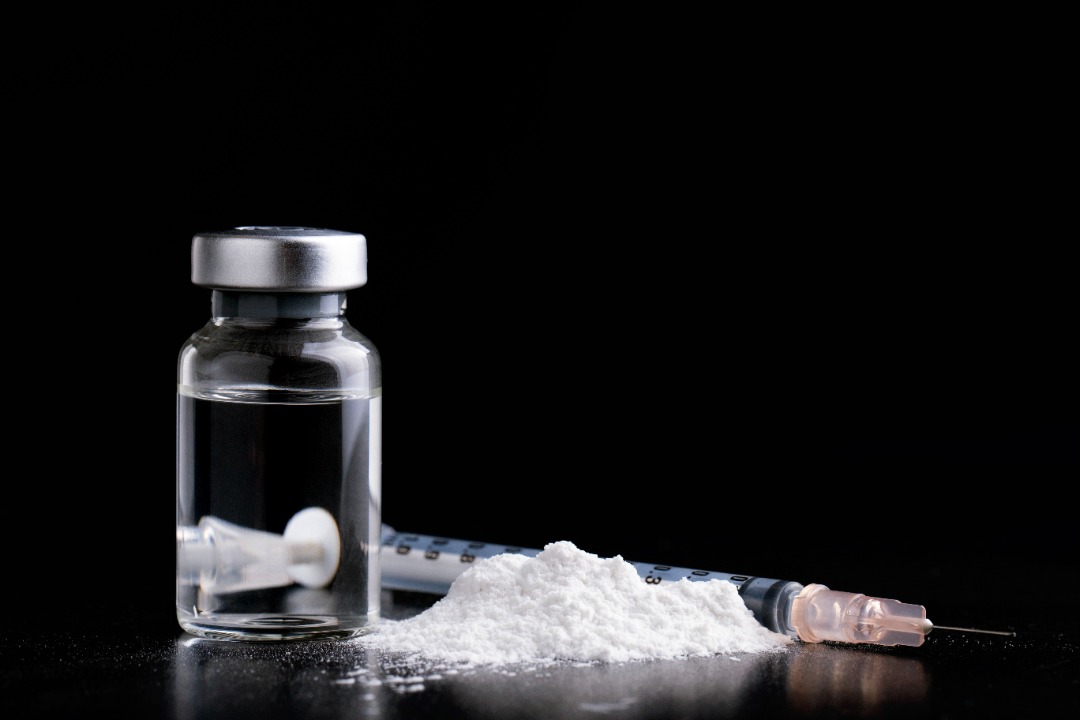Is Ketamine Addictive?
As of right now, there is little research about whether or not ketamine is addictive when used recreationally. As a prescription medication, it is safe, but when taken as a part drug or when used illicitly, it can cause long-term complications. When mixed with other substances, it my be addictive and could lead to dependence, especially if the user is trying to cope with the intense cravings that they may be experiencing. Continue reading to find out more.
In this article
What is Ketamine?
Ketamine is a regulated medication that is used in the medical and veterinary world for anesthetic purposes. It is classified as a dissociative anesthetic and has been placed into the Schedule 3 category of drugs, meaning that it has some value when used under medical supervision but it must be prescribed by a physician in order for its use to remain legal. The onset of the effects of ketamine takes place rapidly and can last anywhere from 30 to 60 minutes. People often use this hallucinogen instead of LSD, PCP, or GHB because of its shorter duration.
Though it is legally prescribed for medical procedures in some instances, ketamine has also been used as a party drug, often at raves, and as a tranquilizer or “date rape” drug. People who take this substance regularly do have the potential for abuse and addiction as well.
Effects of Ketamine
When used as prescribed, ketamine is helpful in reducing pain, promoting relaxation, and helping with anesthetic effects during surgery. The feelings of relaxation and sedation are often what people abuse ketamine for, but this drug can also produce several other side effects, including:
- Immobility
- Loss of Consciousness
- Hallucinations
- Distorted Perceptions
- Depression
- Agitation
- Cognitive Difficulties
- Increased Heart Rate
- Increased Blood Pressure
- Nausea
- Overdose
- Feelings of Detachment
- Delirium
- Floating Sensations
- Ketamine Binging
Some of the long term effects of this drug can include Hallucinogen Perception Persistence Disorder, which means that users may feel the negative side effects of ketamine weeks after the drug was used. Other long term consequences of ketamine abuse are cystitis (bladder inflammation), renal damage resulting in the need for dialysis, and gastrointestinal complications to name a few.
Dangers of Ketamine
Though ketamine is not as addictive as stimulants or alcohol, the dangers that co-occur with this drug can be life threatening for both the user and the people around them. A large majority of users are between the ages of 12 and 25, and they often abuse this medication along with other substances.
Ketamine Binging
Ketamine is often used as a party drug, more specifically during raves. People will use this drug for its hallucinogen properties or to come down from the other drugs that have been used during the rave. Ketamine’s effects only last for about 30 to 60 minutes, though the cognitive and physical effects may last for up to 24 hours, so people will consume it consecutively to ensure that those effects last for a longer period of time. Binging can cause an increased amount of the drug to be in the user’s system regardless of if those effects have worn off or not. An increased amount of ketamine in the body can lead to negative side effects, including an overdose.

Mixing Substances
Ketamine is commonly used with alcohol at parties or raves. Though there is only a small amount of research on the combination of these substances, studies have shown that using ketamine and alcohol at the same time increases the chance of liver and kidney damage. People who abuse ketamine also use substances like marijuana, PCP, and speed at the same time as their ketamine use. When combining substances like this, the dangerous effects increase significantly.
When used with depressants, such as alcohol, a person who is abusing ketamine may show increased signs of sedation, amnesia, and distorted perceptions. This could cause the person to slip into unconsciousness or overdose because of the mixture of substances. The same thing goes with stimulants or other illicit substances. Using PCP or other hallucinogencs may cause a person to experience delusions, delirium, or hallucinations. The mixing of substances may cause worsened trips or withdrawals. Individuals who experience ketamine withdrawals typically only deal with intense cravings that lead to more ketamine use.
Ketamine as a Date Rape Drug
Because of its ability to sedate individuals and induce sensations of relaxation, ketamine has become an increasingly popular drug used to spike drinks. Ketamine can be sold as a powder which can be mixed in with a person’s drink, drugging them without their knowledge. Approximately 5% of women report to being the victim of drug-assisted rape through ketamine or other drugs like GHB.
This drug, depending on how much is used and whether or not the person has other substances in their system, can cause a person to become unconscious and unable to resist a person’s advances. Ketamine is extremely dangerous and can lead to long-term problems like sexually transmitted diseases, PTSD and trauma, unwanted pregnancies, and more.
How to Treat Ketamine Abuse
The best way to address ketamine abuse is to seek help through a rehab facility. A treatment center will be able to work specifically with the individual client in order to develop a program that addresses their specific addiction as well as mental health problems that may have led to drug use.
